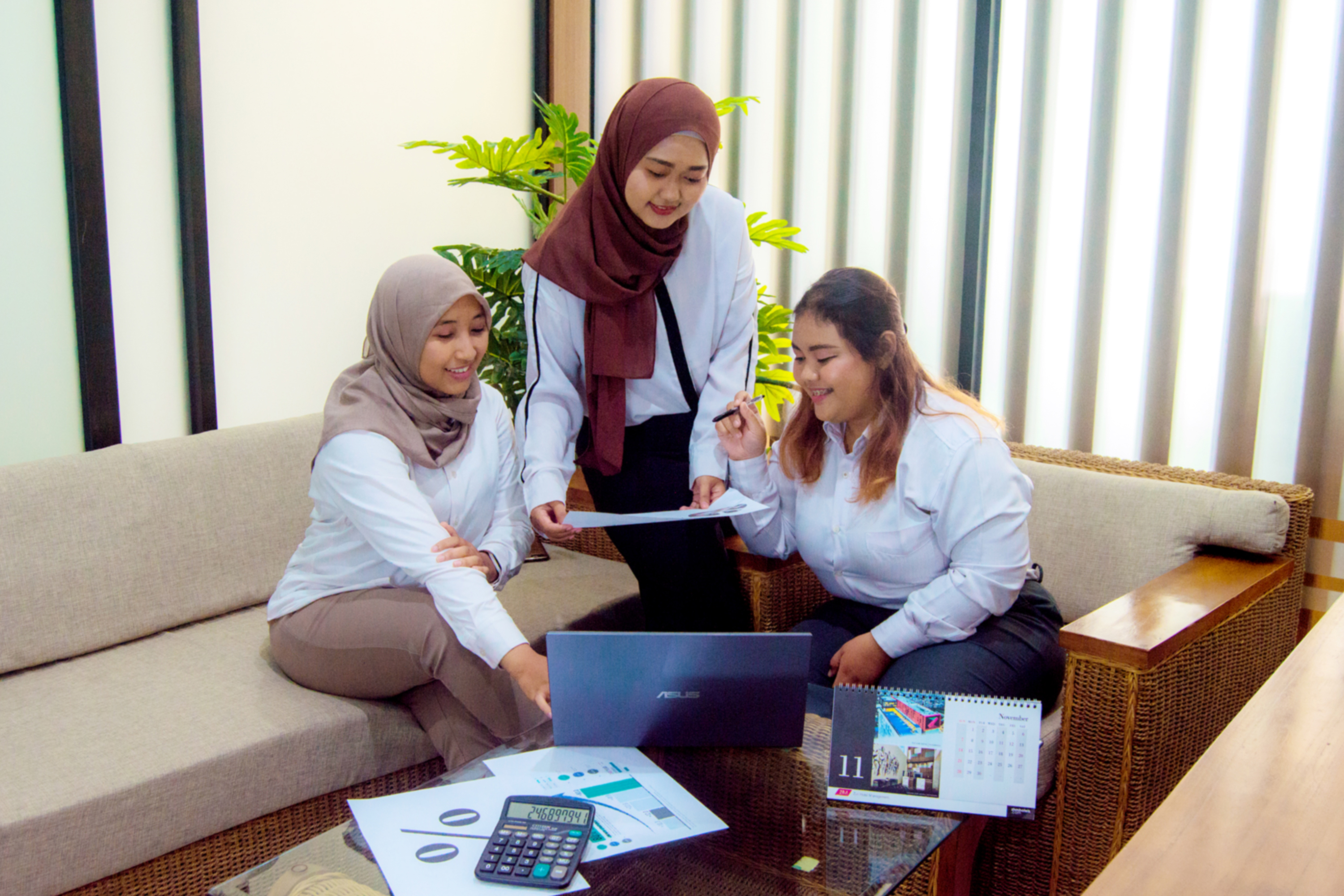JOT BOT ROT
JOT BOT ROT
Joint Operation
Joint Operation is an association of two or more business entities joining to complete a project. The merger is temporary until the project is completed.
Joint Operation (JO) is a form of cooperation between two or more companies to carry out certain activities within a certain time.
In Indonesia, the form of JO cooperation was introduced at end of the year 80s through PMK No. 740/KMK.00/1989 concerning Increasing Efficiency and Productivity of State-Owned Enterprises.
Built, Operate and Transfer (BOT)
Built Operate and Transfer (BOT) is a form of agreement entered into between the holder of land rights and the investor, which states that the holder of the land title grants the investor the right to build during the period of build for the transfer (BOT), and ownership of the building. to the holder of land rights during the construction period for the end of the handover.
Under a build-operate-transfer (BOT) contract, an entity – usually a government – grants a concession to a private company to finance, build and operate a project. The company operates the project for a period of time – perhaps 20 or 30 years – with the goal of recouping its investment, then transfers control of the project to the government. BOT projects are normally large-scale, greenfield infrastructure projects that would otherwise be financed, built and operated solely by the government. Examples include a highway in Pakistan, a wastewater treatment facility in China and a power plant in the Philippines. In general, BOT contractors are special-purpose companies formed specifically for a given project. During the project period – when the contractor is operating the project it has built – revenues usually come from a single source, an offtake purchaser. This may be a government or state-owned enterprise. Power Purchase Agreements, in which a government utility acts as offtaker and purchases electricity from a privately owned plant, are an example of this arrangement. Under a traditional concession, the company would sell to directly to consumers without a government intermediary. BOT agreements often stipulate minimum prices the offtaker must pay.
Build, Operate, Transfer (BOT), after building the project then the private sector has the right manage or operate the project within a certain time, and with the operation of the partie the private sector makes a profit, and after the agreed period of time, the project is submitted to private parties without obtaining payment from the government.
Rehabilitate, Operate and Transfer (ROT)
The ROT is a PPP (Public Private Partnership) model for infrastructure sector. Under this approach, the governments/local bodies allow private promoters to rehabilitate and operate a facility during a concession period. After the concession period, the project is transferred back to governments/local bodies Rehabilitate, Opearate and Transfer (ROT) is a contractual arrangement whereby an existing facility is turned over to the private sector to refurbish, operate and maintain for a franchise period, at the expiry of which the legal title to the facility is returned to the government.
The ROT is a PPP (Public Private Partnership) model for infrastructure sector. Under this approach, the governments/local bodies allow private promoters to rehabilitate and operate a facility during a concession period. After the concession period, the project is transferred back to governments/local bodies.
In another sense, a Public Private Partnership (PPP) is an agreement between two or more parties that allows them to work together to achieve a common goal, in which each party plays a role based on the level of responsibility and power, level of investment in resources, level of potential. joint risks and benefits.
Public Private Partnership has the following definition and key elements:
- A long-term contract between the public sector and the private sector
- The design, construction, financing and operation of public infrastructure (facilities) are carried out by the private sector
- With payments during the PPP contract period to private parties for the use of facilities, which are paid by both the public sector and the general public as users of the facilities
- With the remaining facilities in the ownership of the public sector at the end of the PPP contract term
The Public Private Partnership, has several objectives in its implementation, namely the first to meet funding needs through the private sector, the second to improve the quality, quantity and efficiency in service, management and maintenance in terms of infrastructure provision. And the third one encourages the use-pay principle which takes into account the ability to pay of the user.
In the concept of Public Private Partnership, the private sector will take over some of the responsibilities and risks in development or projects that are carried out with the government.
In this collaboration, the government has the role of procuring business entities to select private parties to cooperate in infrastructure development projects and provide financial support if needed. While the private sector has a role that is responsible for the stages of project development including the provision of finance, experts and technology used in development.
This form of Public Private Partnership cooperation has certainly been regulated in regulations, namely Presidential Regulation No. 67 of 2005 concerning Government Cooperation with Business Entities in Infrastructure Provision. This regulation is a revision of Presidential Decree No. 7/1998 on Government and Business Entity Cooperation in Infrastructure Development and/or Management which was the beginning of the use of PPP in Indonesia.
Disclaimer:
The information provided here is based on our long experience. The process or requirement may vary depending on the specific facts and conditions. Besides, the law and regulations in Indonesia subject to frequent changes. Please contact us as your consultant to get an up to date information and accurate advice. More Information click here and You can also follow our social media accounts to see the latest information posts. please click on the following links: Facebook, Instagram, Linkedin, and Twitter.
Why You Should Choose Us?
01. Fast Responsive

We provide full responsive support to our clients wherever they are. We will reply to your message faster than other companies.
02. Professionals Team

With more than 13 years of company experience and a professional team, we will quickly solve all your problems.
03. Fast, Easy, Secure

We can guarantee client data is stored very securely, no more data loss and leakage with us. Client data security is our priority.

